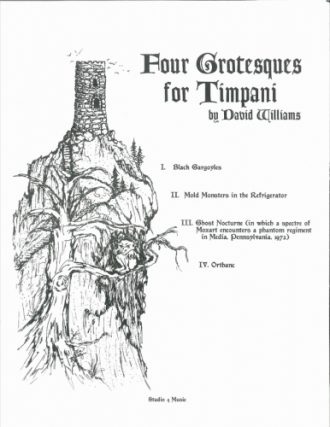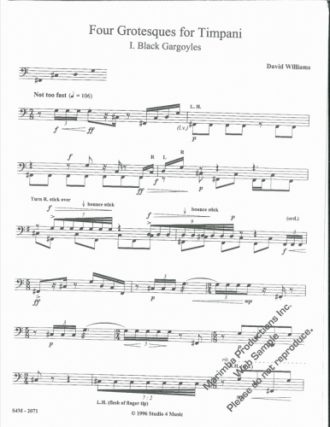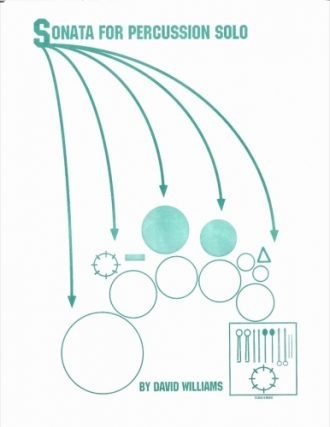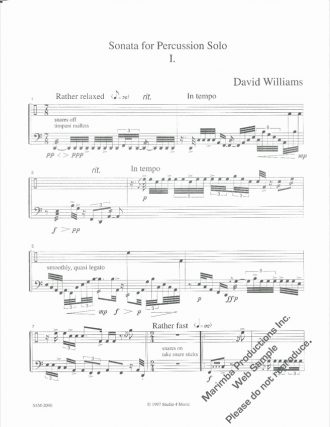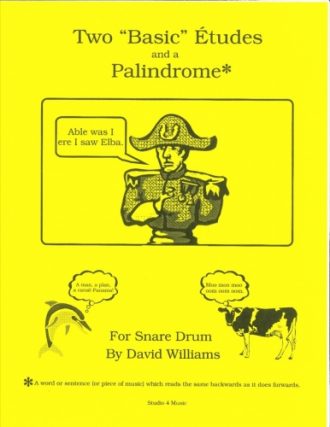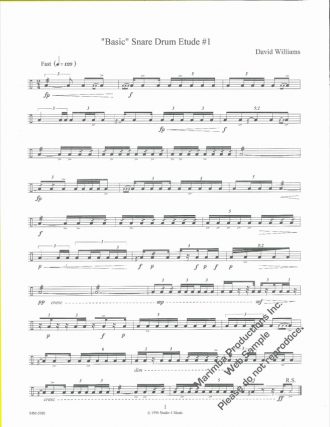David Williams
David Williams has composed more than 120 works including pieces for chamber ensembles, wind band, orchestra, keyboard and liturgical functions. His Four Grotesques for Timpani (1984) is one of the most widely performed timpani solos of the last 30 years. His other percussion music includes a Sonata for Percussion Solo (1996), Two "Basic" Etudes and a Palindrome for snare drum (1997), Three Elves for Marimba (1998), Spiders for Timpani (2002), Grotesques: Concerto for Timpani and Wind Ensemble (2005) and Duets for Trumpet and Marimba (2009 - flute or vibraphone may be substituted for trumpet). His music for large ensembles is marked by the breadth and quality of his writing for percussion instruments. Recent works include Concerto for Alto Saxophone and Wind Ensemble (2016), Peregrine for Band (2015), Crux for Wind Ensemble (2013), Wolf for Marimba (2012), Overused Words for woodwind quintet (2012), Suite for Tuba and Piano (2012), Fafnir Dreams of Flight for wind ensemble or concert band (2011), and After Paul, After Dave: Trio for Piano, Violin, and Cello (2010). His percussion music is published by Studio 4 Music, some of his band and string orchestra music is published by TRN Music. Other publishers include Dorn Publications, Ensemble Publications, MorningStar Music and Augsburg Fortress Press. Williams attended West Virginia University where he earned degrees in music education, music history and a doctorate in music composition. He studied composition with Thomas Canning and John Beall, orchestration with William Winstead, musicology with Barton Hudson and Christopher Wilkinson and conducting with Don Wilcox. Since 1990 he has been the classical music critic for the Charleston Gazette. In October, 2004, he was one of 25 music critics from across the United States chosen as a fellow at the first NEA/Columbia Graduate School of Journalism Institute on Music Criticism in Classical Music and Opera.

